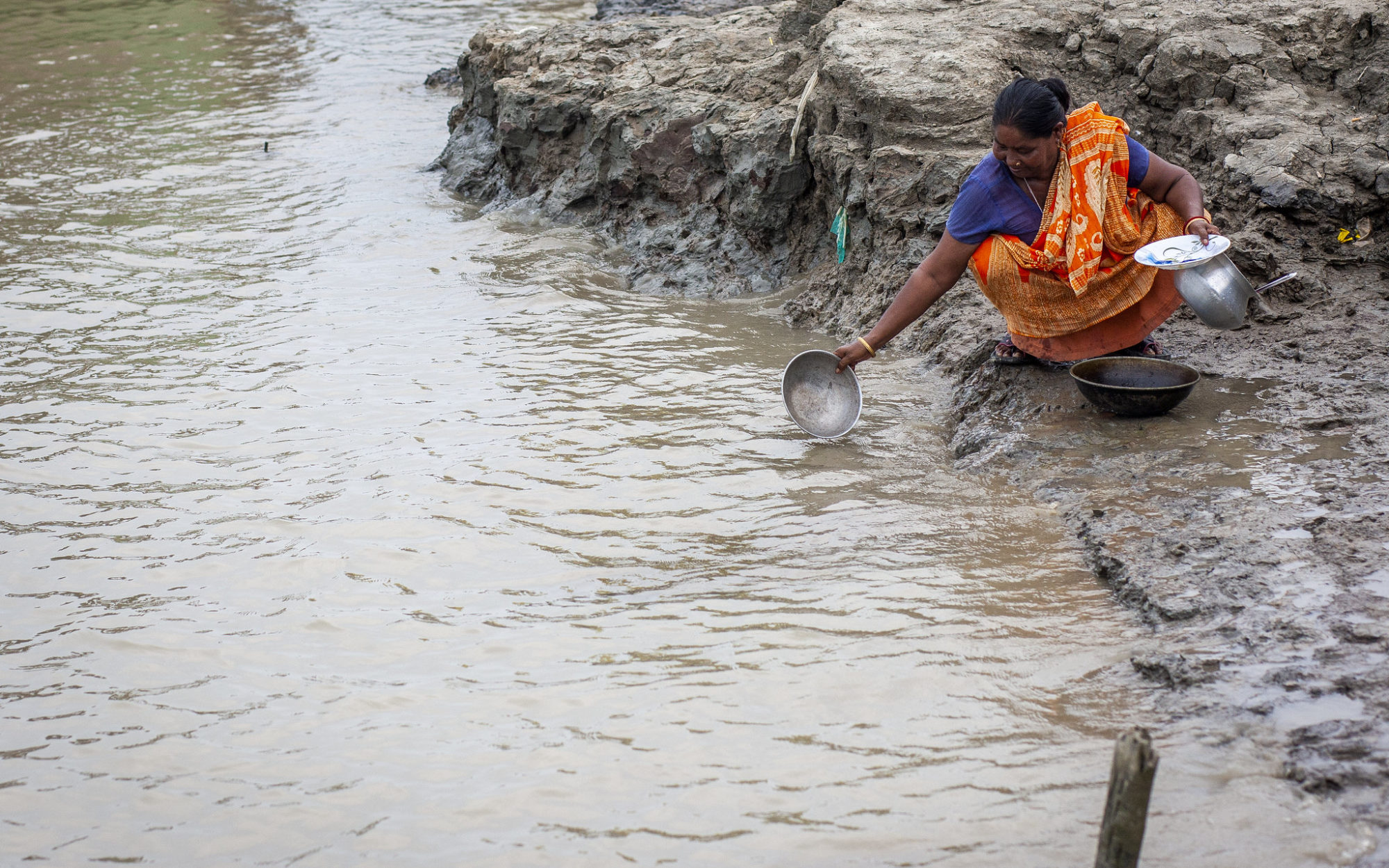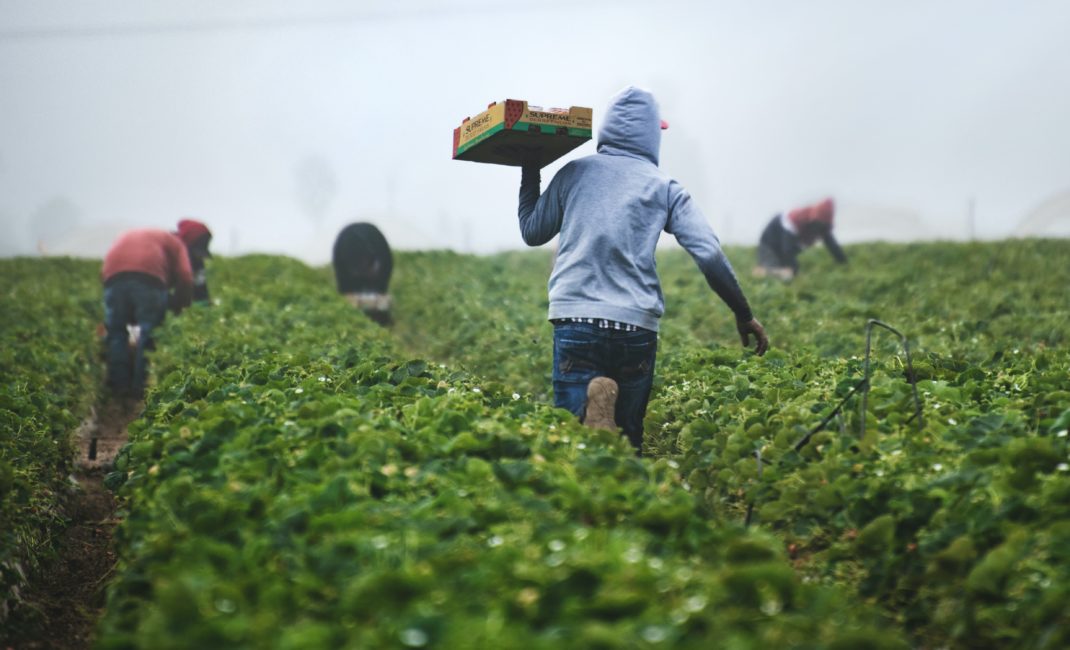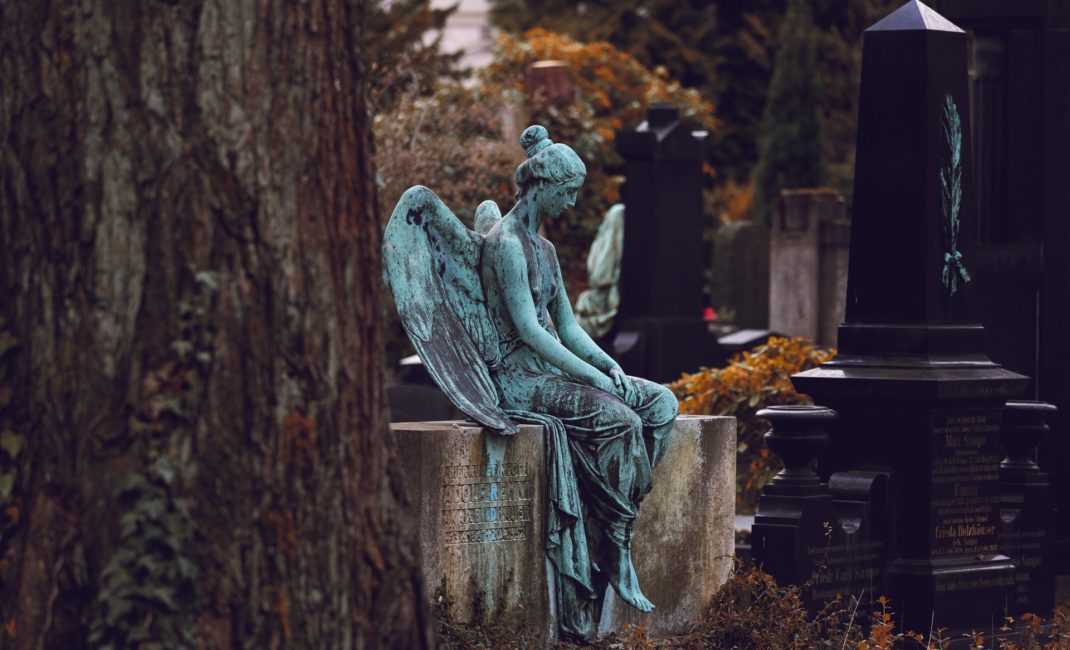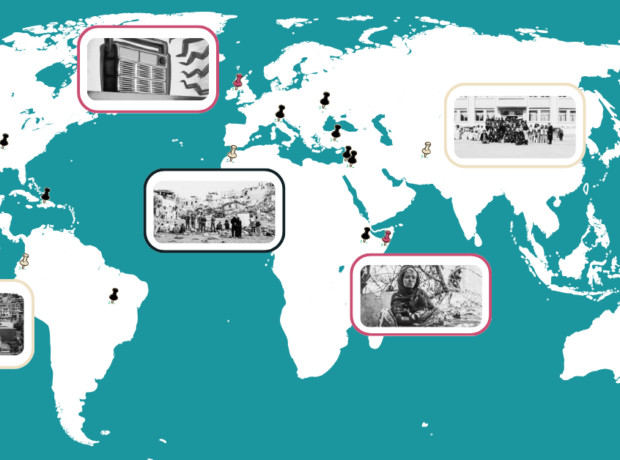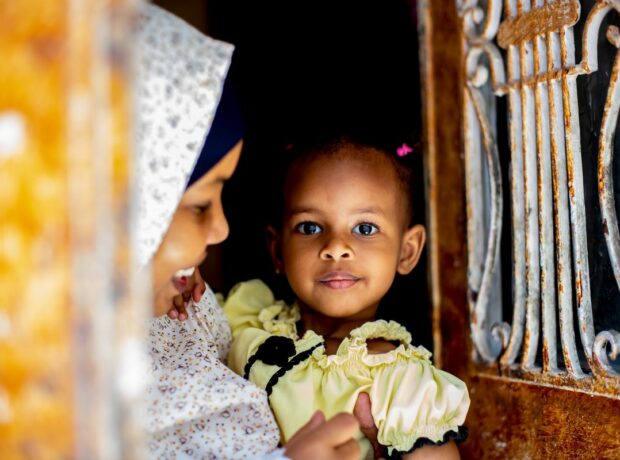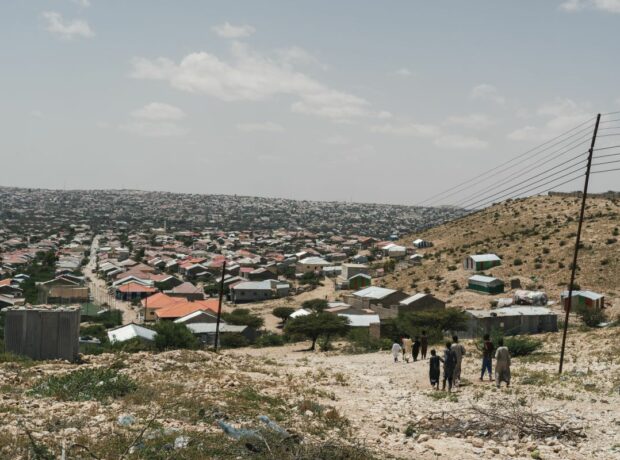How has the pandemic hit the world’s largest refugee camps? What does Covid tell us about inequality in our societies? And how might this year of living in lockdown affect our futures?
To mark 12 months since the global pandemic was declared, when the UK, and many other countries around the world, went into lockdown, this collection of stories investigates how the pandemic is affecting communities around the world. Assessing the impact on temporary workers, refugees and people with learning disabilities, these stories reach from Coventry to China, and Leipzig to Lebanon.
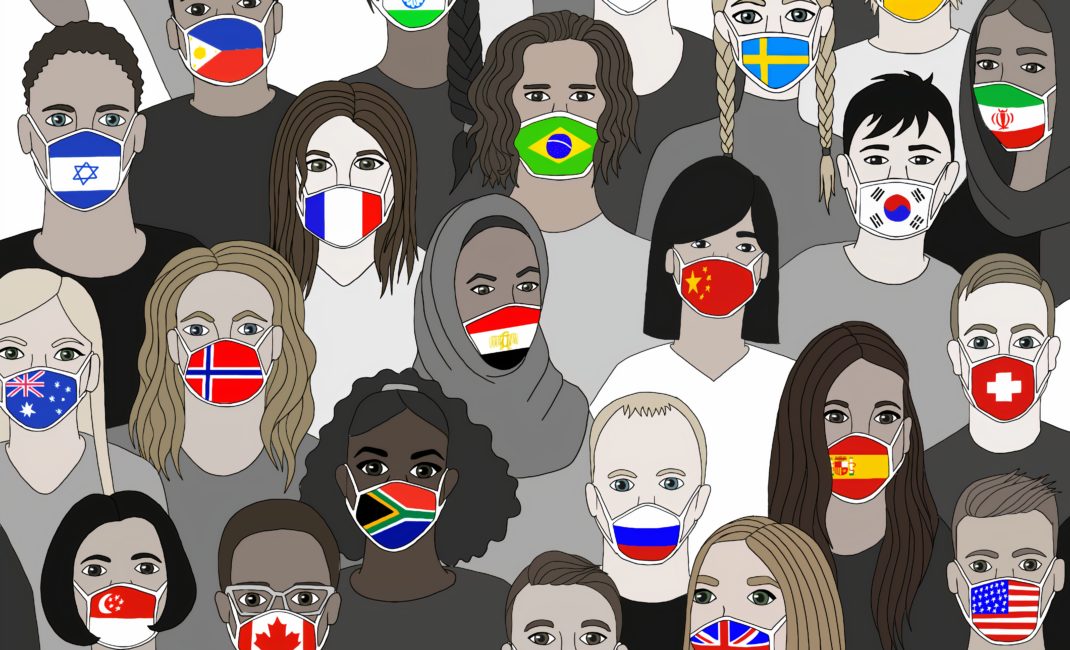
To mask or not to mask? United Nations Covid response artwork showing face masks around the world
To mask or not to mask?
Students Allison Leung and Ashley Wong saw for themselves the backlash against face masks in the UK before returning home to Hong Kong where masks are normal and expected. Here, they explore what caused the East-West divide in opinion on face masks – and ask whether the pandemic could change the philosophy and fabric of the UK and US to make them less individualistic and more community-minded.
Why asparagus season leaves a bitter taste in Covid-19 Germany
Laura-Isabela Meichsner, a German citizen whose grandparents emigrated from Romania, finds Covid-19 has uncovered something Romanian and other eastern European seasonal workers, families and communities have known for so long but has remained invisible to the general public: The working and living conditions of seasonal workers from Eastern European countries were and still are horrific in Germany.
Has Covid proved that an honourable burial should be a human right?
At the height of the Covid crisis, unprecedented death tolls pushed some countries to the limit. What can we learn from a pandemic that has now claimed the lives of 2.3 million people around the world? How should we manage heavy death tolls in future emergencies? And after seeing some countries resort to burying their dead in mass graves, is now the time to call for an international right to an honourable burial?
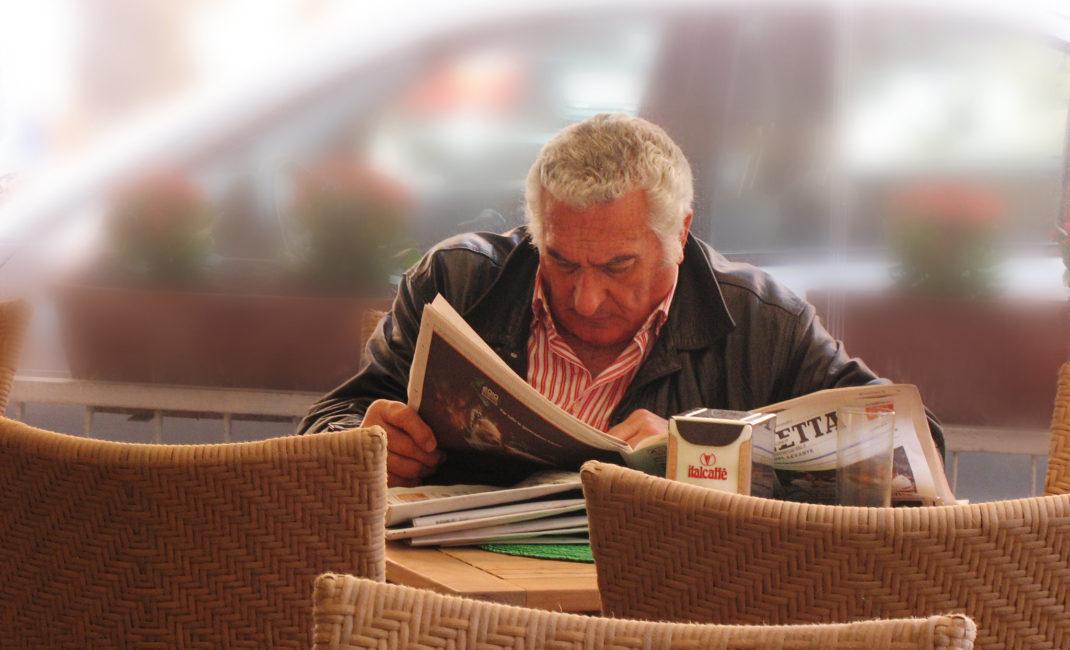
Are newspapers spreading anti-refugee sentiment? Picture by Elliot Margolies
How Covid and “fake news” fuelled anti-immigrant sentiment in Italy
In Italy, the Covid pandemic has led to a rise in anti-immigrant sentiment. Alessia Lucifora finds this has been exacerbated by anti-refugee propaganda circulating online.
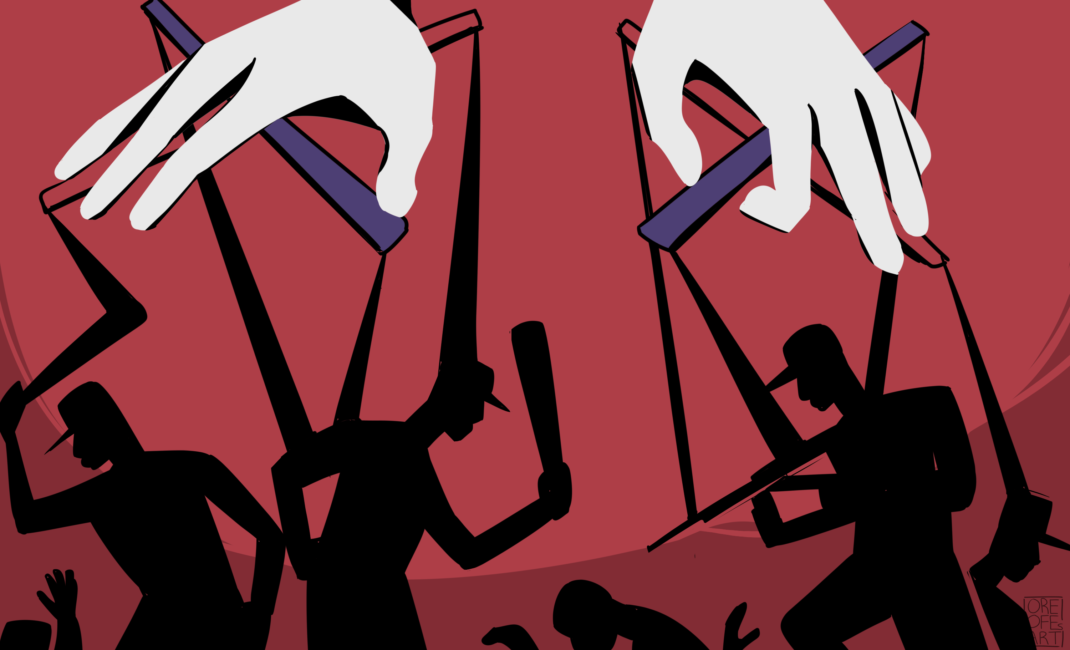
The never-ending tale of police brutality in Kenya
What impact have Covid, curfews and police patrols had on brutality and public safety in Kenya? Anokhee Shah tells the story of a 13-year-old boy who was shot by a police officer and finds this issue has a long and ugly history.
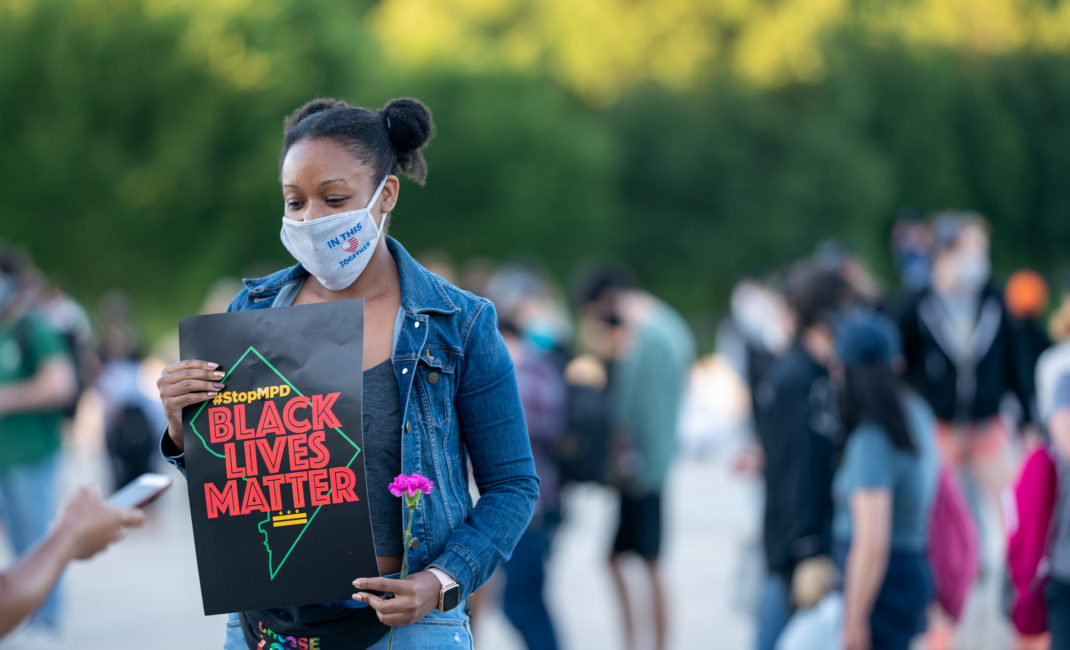
George Floyd vigil at the Lincoln Memorial – by Miki Jourdan
Coronavirus reminds us that America doesn’t like Black people
One of the first stories we carried about Covid-19 examined how the disease was killing Black Americans at three times the rate it was killing white people. Racist attacks – by both the public and the police – were leading the news agenda. Kathryn Graves explores how the pandemic has exposed the institutional racism that defines the second-class status of Black people in the USA.
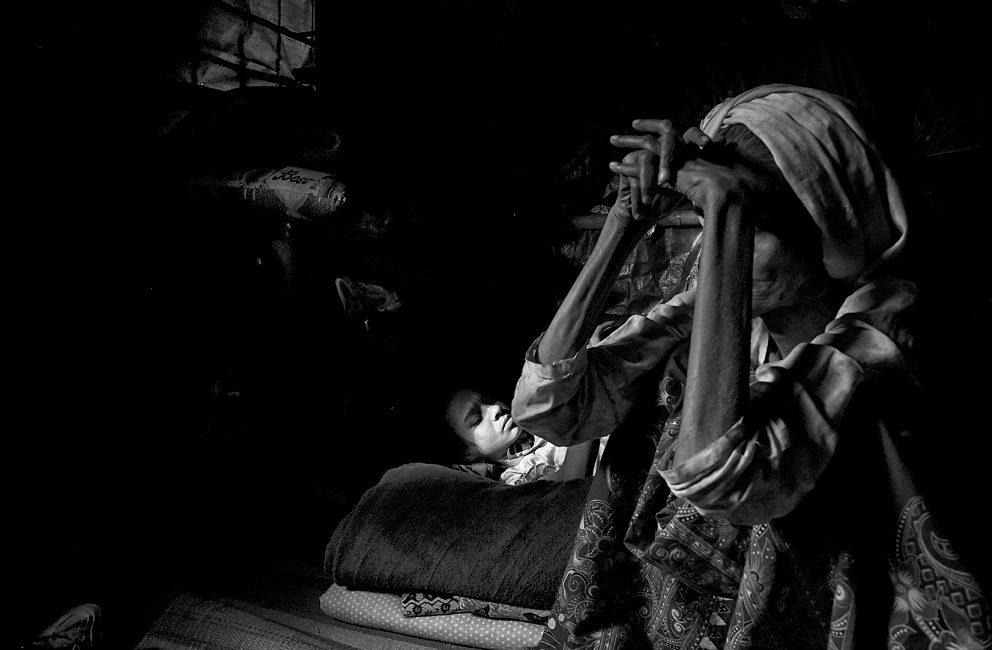
Due to the Covid-19 restrictions, healthcare in the camps has been drastically reduced – by Francesc Galban
Will Covid strip what few rights the Rohingya refugees have left?
Since one of the fastest growing migrations in recent history, the Rohingya refugees in Bangladesh have been living in a climate of uncertainty and mistrust. Now, confronted by a global pandemic and the prospect of being banished to an island for quarantine, this photo essay asks what toll Covid will take on the Rohingya people.
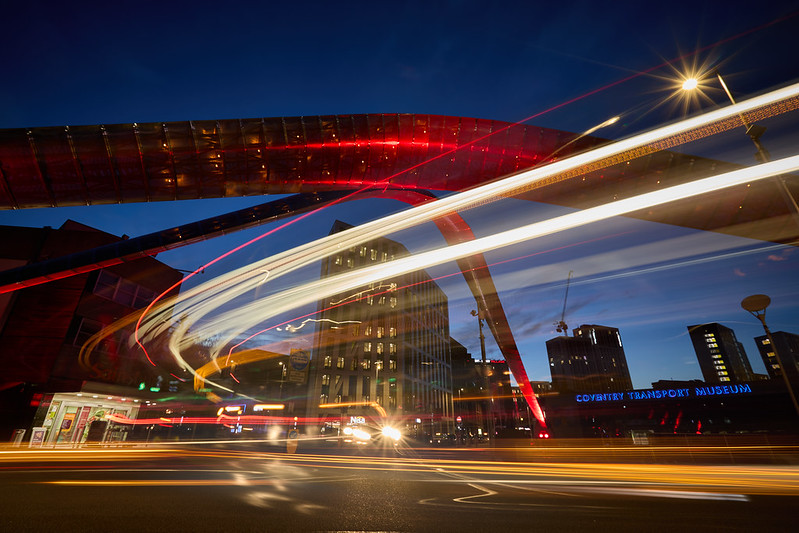
What impact will the Covid pandemic have on women in Coventry? – image by Coventry City Council
How is the Covid-19 lockdown affecting women in Coventry?
As the Women’s Budget Group published the first in-depth analysis of the impact of the COVID-19 lockdown on women in a specific city, research assistant Anna Johnston shared what she found when she examined the impact of coronavirus in Coventry.
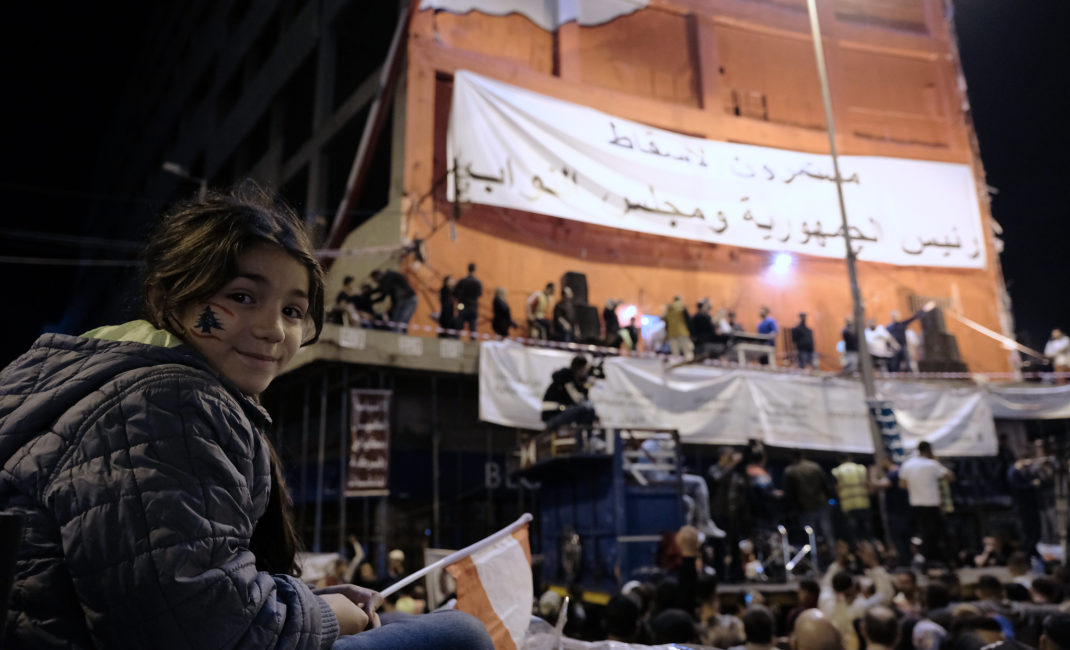
Tripoli protests by Nadim Kobeissi
As Lebanon’s economy collapses, Syrian refugees are making easy scapegoats
Gripped by crisis since October 2019, a serious economic downturn, compounded by Covid-19, is hitting Lebanon’s most vulnerable citizens hard. And the country’s anti-corruption protests which began as unifying, secular and a combined call for political change, are in danger of descending into sectarianism.
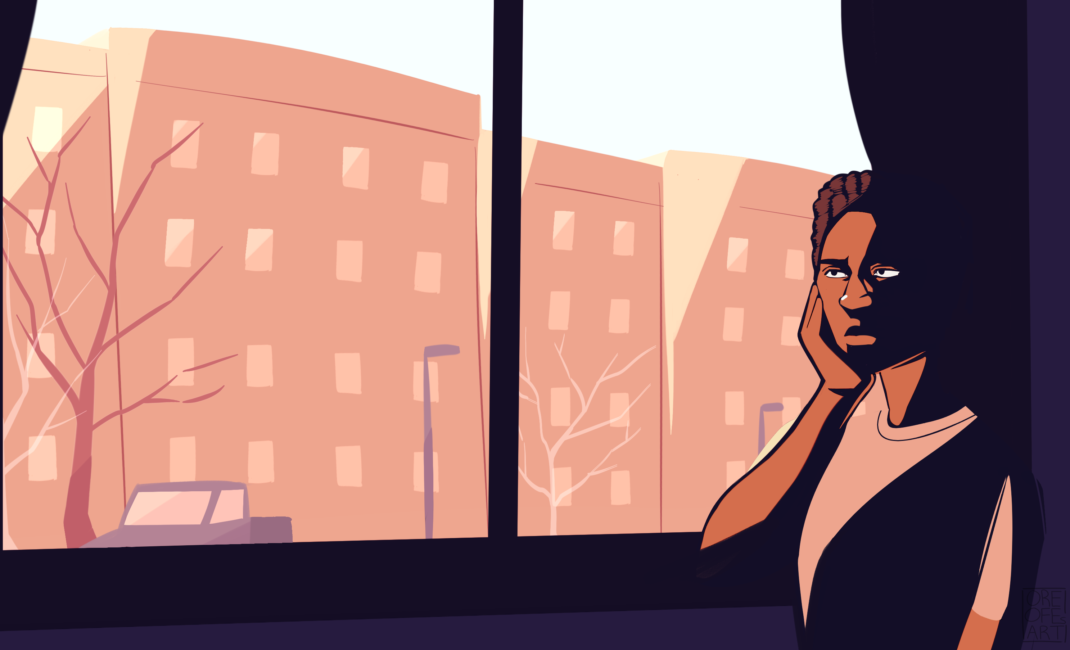
Nis in lockdown in Germany – by Oreofe Morakinyo.
Life under lockdown in East Germany
Due to return home to the UK from their internship in Leipzig on the day Germany announced lockdown, Nis Warsame was stuck in a foreign country, relying on German-speaking friends for updates.
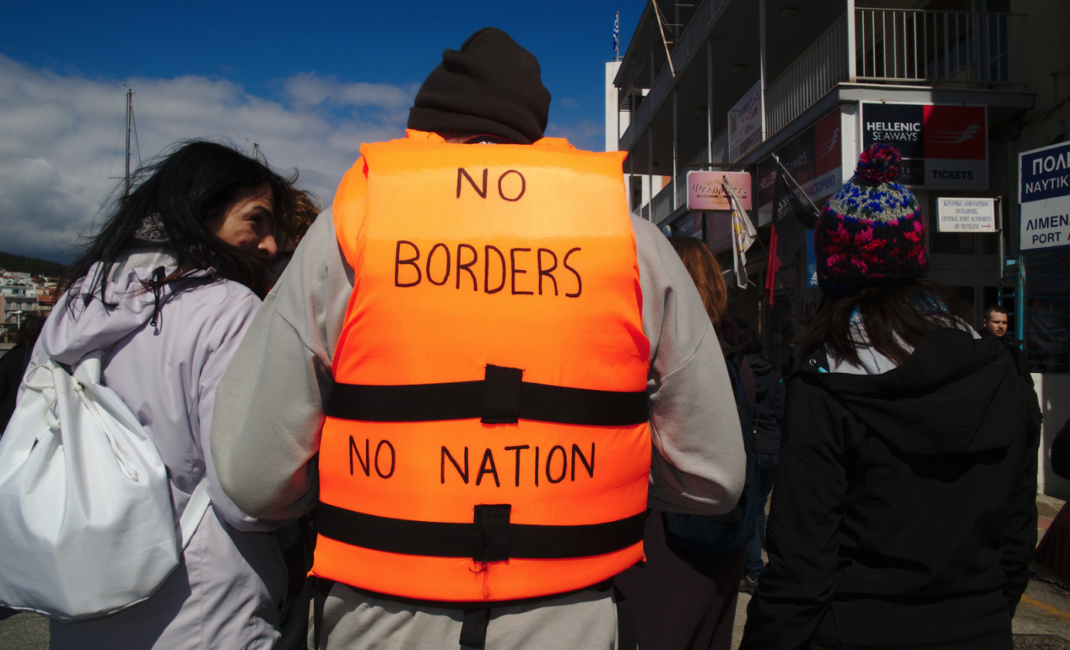
Image by Phil Jones
How Europe is using coronavirus to reinforce its hostile environment in the Mediterranean
How is the coronavirus pandemic affecting refugees seeking safety in Europe? And as the continent is pre-occupied with internal affairs, are some countries using COVID-19 as an excuse to refuse sea rescues and enforce anti-immigration strategies? Maurice Stierl considers the current situation in the Mediterranean and the response from Italy, Malta, Libya and the EU.
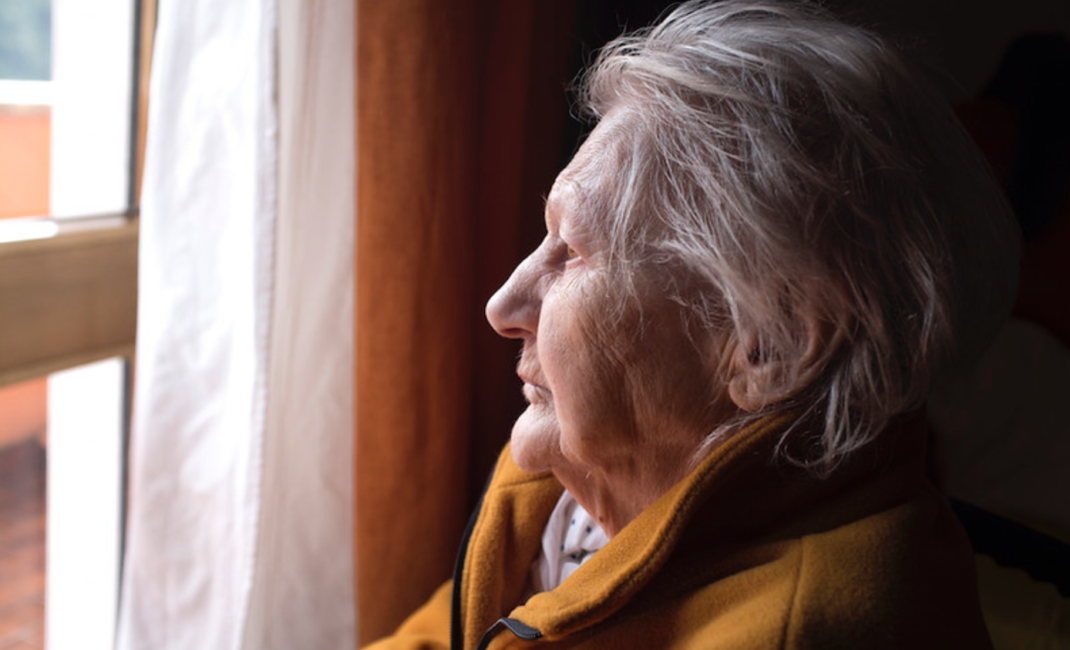
Main image by Penn State
Coronavirus is affecting the wellbeing of people with intellectual disabilities
Changes to our daily lives since the coronavirus outbreak are proving difficult for many, but people with intellectual disabilities, who often rely on routine and consistency, are facing an even greater challenge.
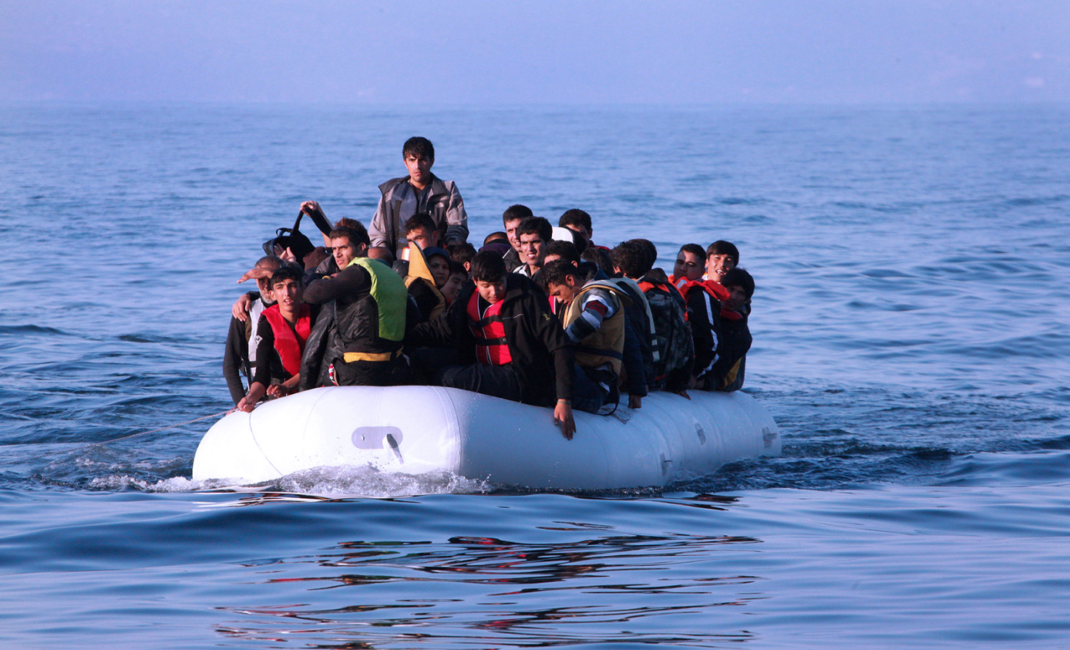
Photo by Steve Evans
In times of crisis, refugees cannot survive on compassion alone
Coronavirus is spreading, tensions at borders are rising and refugee camps are overcrowded and under-resourced. As refugees at the Greek-Turkish border are met with water guns and hostility, Mariana Fotaki calls for countries across the EU to offer more than just compassion.
Main image by UN Women Asia and the Pacific.Read more:
